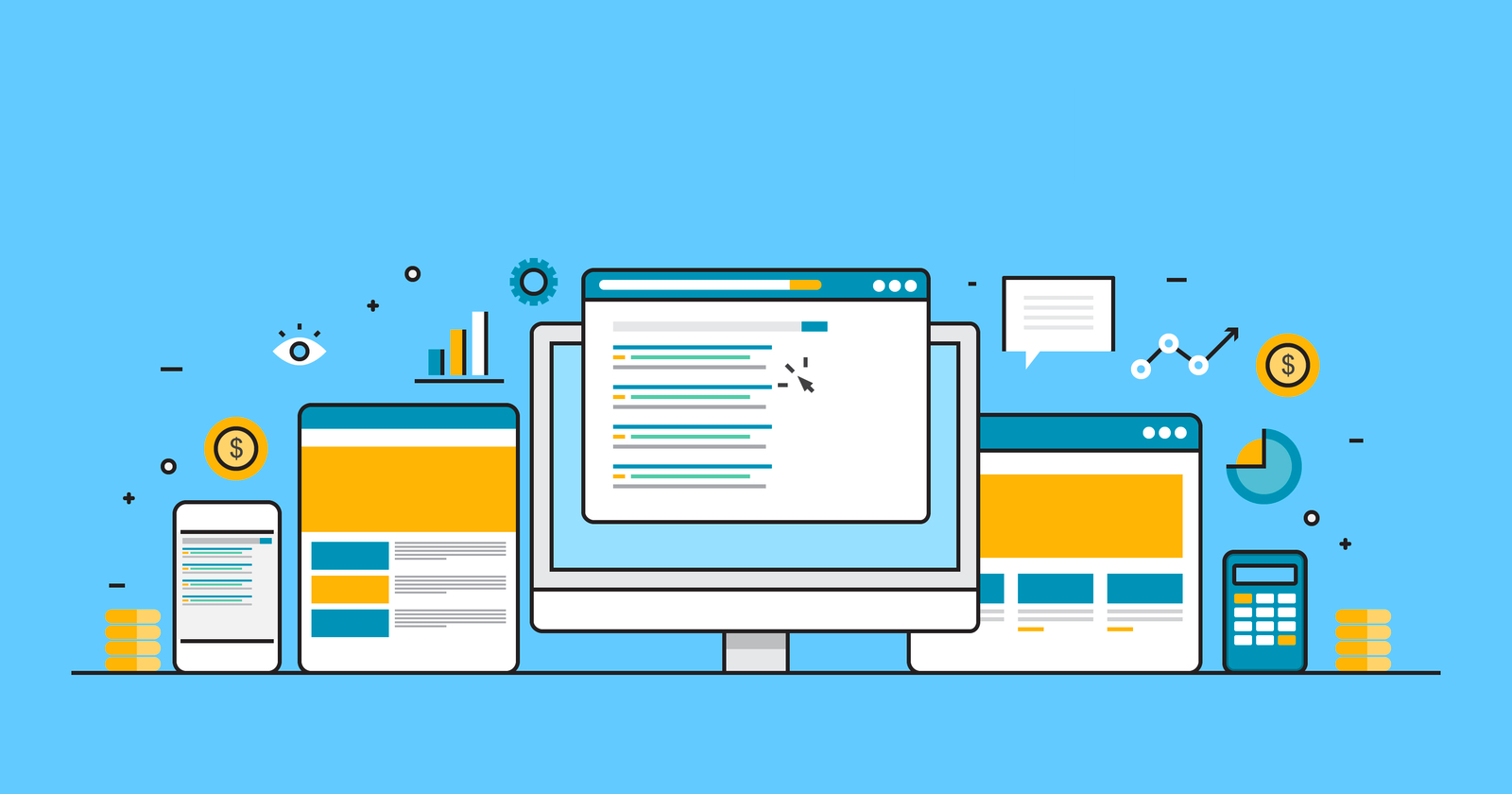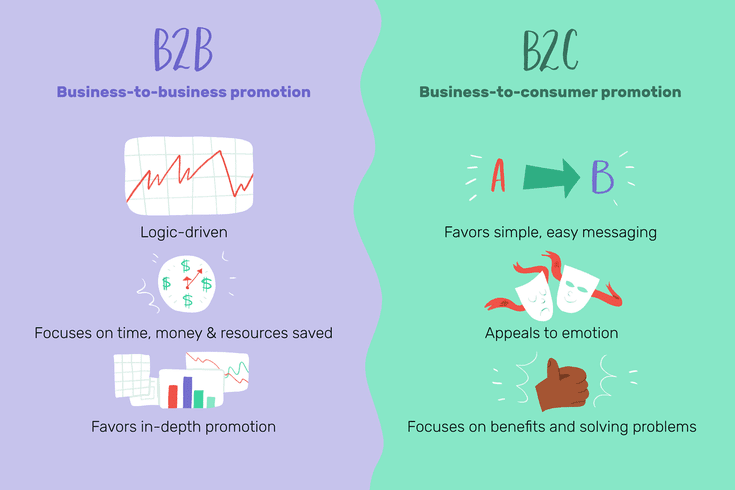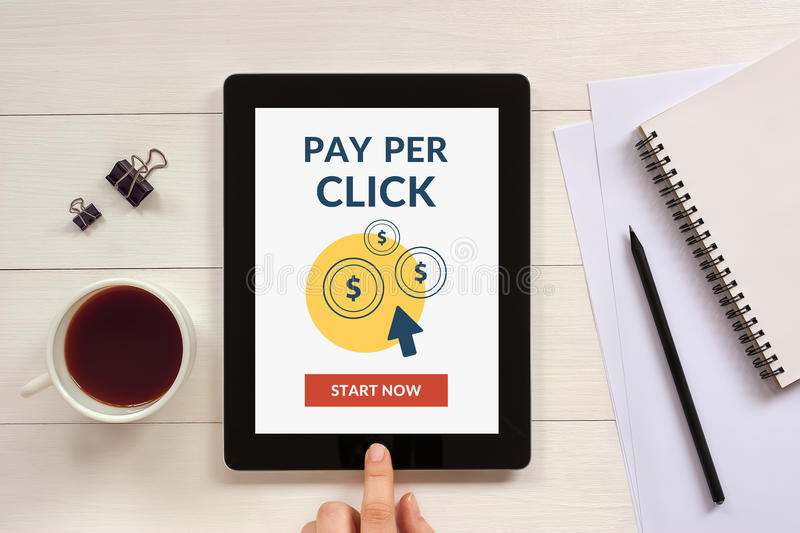7 min to read
PPC for B2C: A comprehensive guide

PPC Campaign Strategy
As a business-to-consumer (B2C) company, it is important to have a well-optimized pay-per-click (PPC) campaign.
PPC is a great way to get your company's products in front of potential customers, and it can be used to target a variety of different demographics.
CodeDesign is a leading digital marketing agency ranked #1 in Lisbon, Portugal. You could work with us to accelerate your business growth.
What Is PPC?
PPC, or pay-per-click, is online advertising that allows businesses to place ads on search engines and other websites. When someone clicks on the ad, the business pays the publisher a predetermined amount of money. Read our complete guide on PPC Campaign Strategy.
Businesses can use several different PPC strategies, but some are more effective than others. Let's discuss a few of them.
What Are the Different Types of PPC for B2C?

B2B VS B2C
There are four main types of PPC: search engine marketing, display advertising, social media advertising, and remarketing. Let's take a closer look at each one.
Search engine marketing is the most common type of PPC. In this type of campaign, you bid on keywords that your target audience will likely use when looking for your product or service. Your ads will then show up on the search results pages.
Display advertising is a little different. Instead of targeting people actively looking for your product or service, you target people who are browsing the web but may not be ready to buy yet. Your ads will appear on websites your target audience will likely visit.
Social media advertising is another popular option. In this type of campaign, you target active people on social media networks like Facebook and Twitter. You can target them based on interests, demographics, and browsing history.
Finally, remarketing is a great way to reach people who have already visited your website but didn't make a purchase. With remarketing, you show targeted ads encouraging them to come back and buy from you.
What Are the Benefits of PPC?

benefits of PPC
There are several benefits of PPC advertising:
1. PPC ads are immediate: as soon as you create them, they are live and ready to generate clicks.
2. Targeted: you can target your ads to specific users based on their demographics and interests.
3. Flexible: you can change your bids, targeting, and budget anytime.
4. Scalable: you can increase or decrease your budget depending on your needs.
5. Effective: they generate more clicks than traditional advertising methods.
How Can I Get Started With PPC?
Now that you know a little more about PPC, how can you get started? Here are a few tips:
1. Research your competitors. Find out what strategies they're using and how successful they are.
2. Choose the right keywords. Don't choose too many keywords, or you'll end up with a cluttered campaign. But make sure you target the right ones, or you won't reach your target audience.
3. Set a budget that you're comfortable with. Don't overspend initially, but make sure you're willing to invest enough money to see results.
4. Create attractive ads. Your ads need to stand out from the competition and attract attention.
5. Track your results and make adjustments as necessary. Keep track of your clicks, conversions, and ROI so you can make changes to improve your campaign.
6. Create targeted ads. Your ads should target specific customers based on their interests and needs. This will help you connect with your audience and increase your conversion rate.
7. Create a strong landing page. Your landing page is crucial to the success of your campaign. Make sure it's well-designed and easy to navigate so customers can easily find what they're looking for.
How Can I Optimize My PPC Campaigns?
Let's take a look at some ways that you can optimize your PPC campaigns:
1. Make sure your ads are relevant to your target audience.
2. Use keyword-rich titles and descriptions to help your ads reach the right audience.
3. Experiment with different ad formats and strategies.
4. Keep your bids and budget in check.
5. Monitor your results and make changes as needed.
What Are the Top PPC Strategies for B2C Businesses?
There are many different ways to approach PPC for a B2C business.
Depending on the business, some of the most effective strategies may include building a strong keyword list, using negative keywords, creating custom ads, split testing, and using dynamic search ads.
It is also important to ensure that the landing pages are well optimized for conversion and that the campaign is monitored and adjusted as needed.
How to Measure the Success of Your PPC for B2C?
It's important to measure the success of your PPC campaigns so you can determine whether they're generating a good return on investment (ROI) for your business.
There are several factors you need to take into account when measuring the success of your PPC campaign, such as:
-The number of impressions your ad received
-The number of clicks your ad received
-The average cost-per-click (CPC) for your ads
-The conversion rate for your ads
What Are Some Advanced PPC Strategies?
Several advanced PPC strategies can help B2C businesses reach their target audience. For example, you can use dynamic remarketing to show ads to people who have visited your website in the past. You can also use retargeting to show ads to people who have visited your website but haven't made a purchase.
You can also use bid modifiers to adjust your bids based on location, time of day, and device. This can help you reach your target audience more effectively.
What Are the Future Trends in PPC?
Looking ahead, there are a few trends in PPC that you should keep an eye on. One is the increasing popularity of video ads. According to a study by Google, 69% of B2C marketers plan to use video ads in the next 12 months. And it's not just B2C companies that are using them – 64% of B2B companies are also using video ads.
Another trend is the increasing use of programmatic advertising. Programmatic advertising uses computer algorithms to buy and sell ads, making it faster and more efficient than traditional methods. As more and more businesses move to programmatic advertising, the prices for these ads will continue to drop.
Consider these trends when planning your PPC strategy for the coming year.
How Can I Get Help With My PPC Campaigns?
As you can see, there are many different things to consider when creating a PPC campaign. If you're unsure where to start or need help optimizing your campaigns, you can get help from a PPC specialist.
There are a lot of great PPC agencies like ours, Codedesign.org, out there that can help you create and manage your campaigns. They can also help you track your results and make changes to improve your performance.
In Summary
When it comes to running a successful PPC campaign for your B2C business, there are a few key strategies that you should keep in mind.
So whether you're just starting out with PPC or looking for ways to improve your current campaign, make sure to read on.
1. Always split-test your ads.
2. Target your audience using buyer personas.
3. Use ad targeting options to laser-focus your ads.
4. Create high-quality ads and landing pages.
5. Use negative keywords to weed out irrelevant traffic.
6. Bid on keywords that align with your business goals.
7. Analyze your results and tweak your campaigns accordingly.
8. Experiment with different ad formats and strategies.
9. Make use of the Google Display Network.
10. Keep on top of changes in the PPC landscape
FREQUENTLY ASKED QUESTIONS:
1. Does PPC work for small businesses?
PPC can be an effective way for small businesses to reach their target audiences online. Small businesses can use PPC to reach people who are searching for their products or services online. PPC can also be used to target people who have visited the small business's website in the past.
2. Why PPC work for B2B businesses?
PPC can be an effective tool for B2B businesses because it allows you to target your ads to a specific audience, which can be difficult to reach through other marketing channels. Additionally, PPC can be a cost-effective way to drive leads and sales for your business.
3. What are the best PPC strategies?
The best PPC strategies vary depending on the goals of the campaign, the target audience, the product or service being advertised, and the budget.
However, some general tips for effective PPC campaigns include:
- Creating compelling ad copy that speaks to the needs of the target audience
- Developing targeted keyword lists that are relevant to the product or service
- Bidding on keywords that are most likely to convert
- Testing different ad campaigns and landing pages to see what works best
- Monitoring results and making necessary adjustments to improve performance
4. What is better SEO or PPC?
There is no definitive answer to this question because it depends on the specific goals and objectives of the website owner. However, in general, SEO (search engine optimization) is considered to be a more sustainable and long-term solution than PPC (pay-per-click) for most website owners. SEO can work as a long term solution to get organic reach and clicks, however SEO takes time. However, PPC is your go-to strategy to get quickly infront of your target audience, and showcase them your offers.
5. How do I make a PPC plan?
Some tips on how to make an effective PPC plan include:
1. Define your goals.
Before you create your PPC plan, it is important to clearly define your advertising goals. What do you hope to achieve through your PPC campaign? Do you want to increase brand awareness, generate leads, or drive sales?
2. Research your keywords.
Once you know your advertising goals, you can begin researching which keywords will be most effective in helping you achieve those goals. There are a number of tools you can use to research keywords, such as Google AdWords Keyword Planner and Google Trends.
3. Set your budget.
After you have defined your goals and researched your keywords, you need to set a budget for your PPC campaign. How much money do you have to spend on your PPC ads?
4. Create your ads.
Once you have a budget, you can begin creating your PPC ads. There are a number of factors to consider when creating your ads, such as your target keywords, your ad copy, and your ad targeting.
5. Test and monitor your campaign.
Once your PPC campaign is up and running, it is important to regularly test and monitor your campaign to ensure that it is performing as effectively as possible.

About Bruno GavinoBruno Gavino is the CEO and partner of Codedesign, a digital marketing agency with a strong international presence. Based in Lisbon, Portugal, with offices in Boston, Singapore, and Manchester (UK) Codedesign has been recognized as one of the top interactive agencies and eCommerce agencies. Awarded Top B2B Company in Europe and Top B2C company in retail, Codedesign aims to foster personal relationships with clients and create a positive work environment for its team. He emphasizes the need for digital agencies to focus on data optimization and performance to meet the increasingly results-driven demands of clients. His experience in digital marketing, combined with a unique background that includes engineering and data, contributes to his effective and multifaceted leadership style. |

About CodedesignCodedesign is a digital marketing agency with a strong multicultural and international presence, offering expert services in digital marketing. Our digital agency in Lisbon, Boston, and Manchester enables us to provide market-ready strategies that suit a wide range of clients across the globe (both B2B and B2C). We specialize in creating impactful online experiences, focusing on making your digital presence strong and efficient. Our approach is straightforward and effective, ensuring that every client receives a personalized service that truly meets their needs. Our digital agency is committed to using the latest data and technology to help your business stand out. Whether you're looking to increase your online visibility, connect better with your audience, get more leads, or grow your online sales. For more information, read our Digital Strategy Blog or to start your journey with us, please feel free to contact us. |
CodeDesign is leading:
- Digital Agency
- Digital Marketing Agency
- Digital Ecommerce Agency
- Amazon Marketing Agency
Feel free to contact us to see the unprecedented growth of your business.

Add comment ×